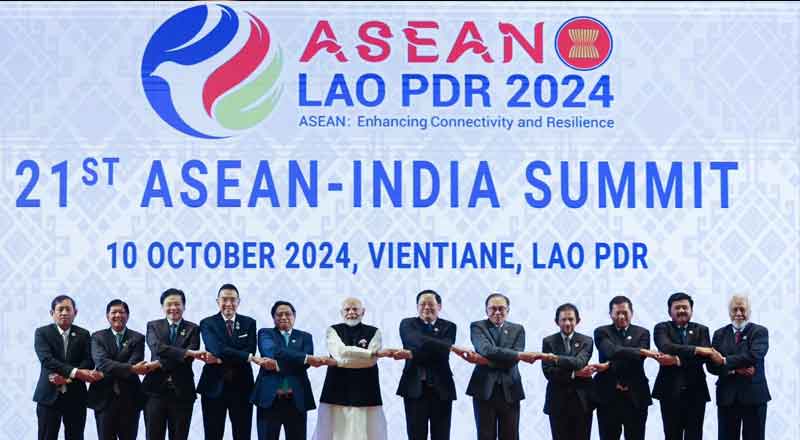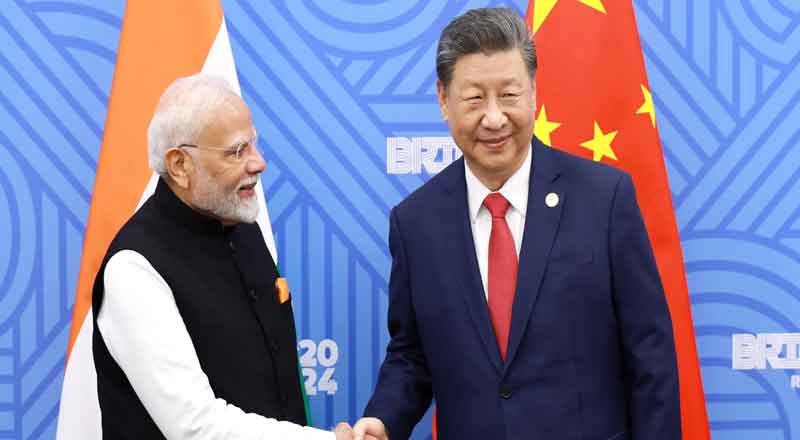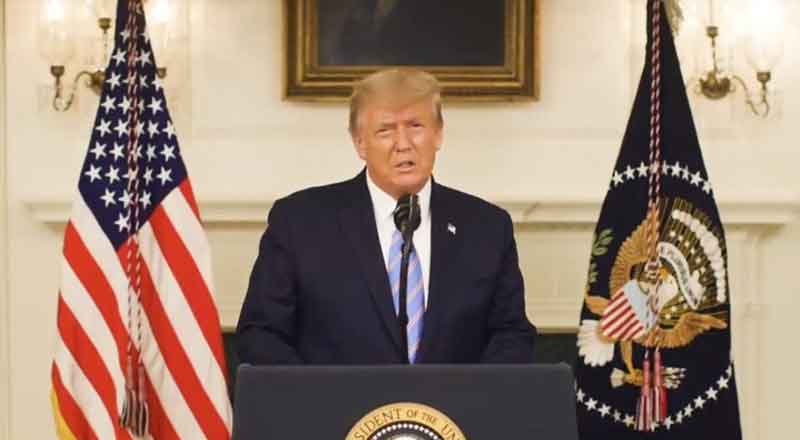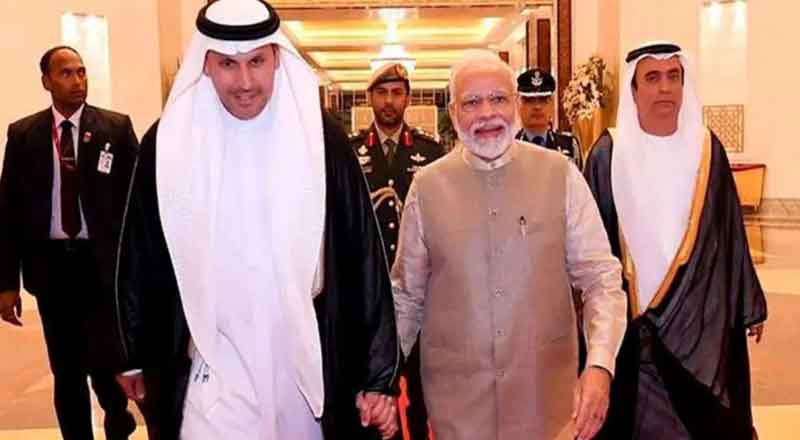Focus on Act East Policy and Indo-Pacific Cooperation
During the ASEAN-India Summit in Laos, Prime Minister Narendra Modi held key bilateral meetings with leaders from Japan and New Zealand, reaffirming India’s commitment to its ‘Act East’ policy and strengthening partnerships in the Indo-Pacific region. These talks were crucial for advancing India’s strategic and economic interests, with a focus on connectivity, security, trade, and cultural exchange.
Productive Talks with Japan’s New Prime Minister Shigeru Ishiba
On October 10, Prime Minister Modi met with Japan’s newly appointed Prime Minister, Shigeru Ishiba, marking their first bilateral engagement since Ishiba assumed office last week. The discussions between the two leaders covered a wide range of topics aimed at enhancing cooperation in areas such as infrastructure, connectivity, defense, and technology.
“Had a very productive meeting with PM Ishiba. I’m happy to have met him just a few days after he became Japan’s PM,” PM Modi said in a statement. “Our talks included ways to enhance cooperation in infrastructure, connectivity, defense, and more. Boosting cultural linkages was also discussed.”
The Ministry of External Affairs (MEA) emphasized the importance of Japan as a trusted friend and strategic partner. Both leaders reaffirmed their commitment to the India-Japan Special Strategic and Global Partnership, focusing on deepening ties in trade, security, semiconductors, and people-to-people exchanges.
In a statement following the meeting, the MEA highlighted the shared commitment of India and Japan to ensuring peace, security, and prosperity in the Indo-Pacific region. The two leaders will meet again at the upcoming India-Japan Annual Summit, where further collaboration is expected.
Strengthening India-New Zealand Relations with PM Christopher Luxon
In a separate bilateral meeting, PM Modi also engaged in discussions with New Zealand’s Prime Minister, Christopher Luxon. The meeting focused on strengthening economic cooperation, with both leaders expressing a strong desire to expand collaboration across sectors such as tourism, education, innovation, and renewable energy.
“Had an excellent meeting with the Prime Minister of New Zealand, Mr. Christopher Luxon. We value our friendship with New Zealand, bound together by a commitment to democracy, freedom, and the rule of law,” said PM Modi.
According to the MEA, discussions between the two leaders also covered potential cooperation in trade, dairy, agri-tech, space, and people-to-people connections. They recalled the recent visit of the President of India to New Zealand, which played a key role in boosting bilateral relations. Prime Minister Modi also welcomed New Zealand’s decision to join the International Solar Alliance, signaling stronger ties in renewable energy initiatives.
ASEAN-India Summit and Act East Policy
Prime Minister Modi’s meetings in Laos are part of a broader strategy to strengthen India’s ‘Act East’ policy, which focuses on improving relations with East and Southeast Asian nations. His visit to Laos for the ASEAN-India Summit and the East Asia Summit emphasized India’s growing role in the Indo-Pacific and its commitment to regional peace and prosperity.
Upon his arrival in Vientiane, the capital of Laos, PM Modi was welcomed with a ceremonial Guard of Honour. In addition, he participated in a blessing ceremony conducted by senior Buddhist monks of Laos, further emphasizing the cultural ties between the two nations.
During his visit, PM Modi also engaged with the Indian diaspora in Laos, receiving a warm welcome from hundreds of members of the Indian community. In a gesture of goodwill, he signed photographs, interacted with the community, and witnessed the traditional Assamese Bihu dance, performed as part of the welcome ceremony.
To Conclude, Prime Minister Modi’s meetings with his counterparts from Japan and New Zealand at the ASEAN-India Summit showcased India’s proactive diplomacy and strategic focus on enhancing ties in the Indo-Pacific region. As part of his ‘Act East’ policy, the bilateral talks not only underscored the importance of economic and defense cooperation but also emphasized the significance of people-to-people and cultural exchanges in building strong, enduring relationships with key global partners.
(With inputs from agencies)





